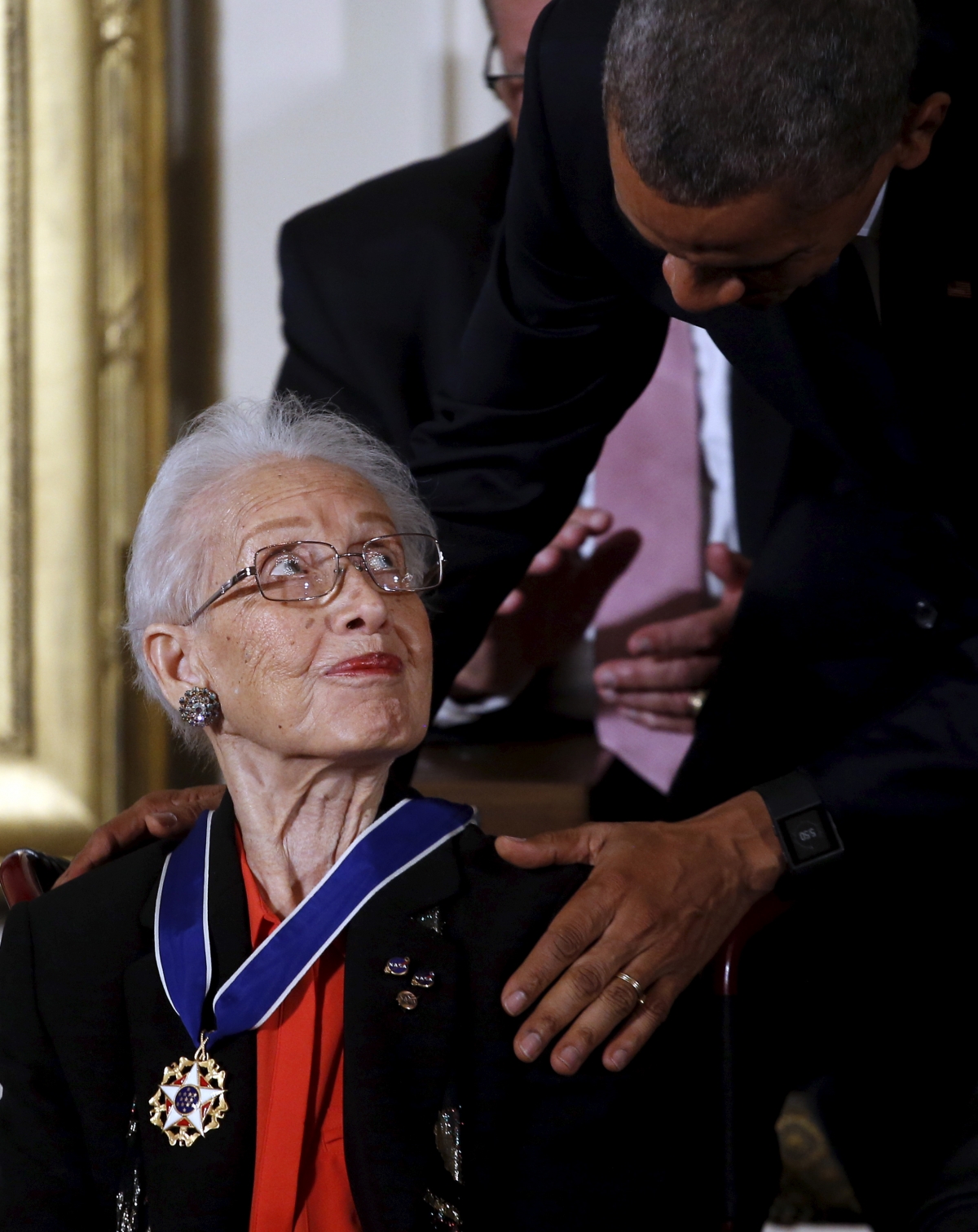
We’re seen as being global, fair, insightful, and perhaps a bit too earnest. If you were to come up with a punchline to a joke about the Monitor, that would probably be it. Sometimes, we call things ‘boring’ simply because they lie outside the box we are currently in.” My work in Kenya, for example, was heavily influenced by a Christian Science Monitor article I had forced myself to read 10 years earlier. “Many things that end up” being meaningful, writes social scientist Joseph Grenny, “have come from conference workshops, articles, or online videos that began as a chore and ended with an insight. She’d always say, “He kissed me on my cheek!”Ībout a year ago, I happened upon this statement about the Monitor in the Harvard Business Review – under the charming heading of “do things that don’t interest you”: The highlight of her career was meeting President Barack Obama. Q: Did she like being a celebrity late in life? She loved it because as soon as one thing was finished, they would be on to something else. She said she never worked a day in her life at NASA. If you work hard at it, it won’t be a job. She also said to find out what it is you’d like to do. It’s about watching: She understood that kids do what you do quicker than what you say. She just knew it, and she did what she expected us to do. You’d never hear her say anybody told her that. Her philosophies were to be prepared, love what you’re doing, follow your passion, and do your best. She counted everything: the stars, dishes and silverware, steps. Q: How did she develop an interest in mathematics and numbers? I can’t remember seeing her just boiling mad unless it was about something somebody did that didn’t make sense.

She believed that if you’re aggressive, you won’t get as far because you’re going to get a counterreaction. What China is – and isn’t – learning from military drills near Taiwan Why? Why would you be more important than me? You breathe, and I breathe. Granddaddy told her when she was little that “nobody in this town is better than you are, and you are no better than anybody in this town.” You’ve got too many people out here who’ve got to have someone to look down on. We kept saying we’ve got to write a book because we want people to know him. She wasn’t intimidated, but she also didn’t look down on people. Q: How did she develop her blend of resilience and generosity? Her message was: Do it another way, demonstrate another way. She didn’t want us to get involved because we could get hurt and because, as she told me, if you want to work at NASA, you can’t have a record. Her attitude was “Oh, well, if I can’t do it this way, I’ll do it that way.” I was in college during a time where you had lunch-counter demonstrations. But she’d figure out how she could get what she wanted in spite of it. She would not ignore them, and she didn’t cower. The barriers she had, the hiccups and trauma that she lived through the course of her entire life? She just seemed never to let them bother her. Q: How did she deal with obstacles like racism and sexism? The Monitor spoke with one of her daughters, Joylette Goble Hylick, about her late mother’s outlook – and how she finally got to space. NASA mathematician Katherine Johnson’s memoir offers a glimpse into how she found success amid the racism and sexism of her era.

And especially because they knew we were in a race against the Russians in the early years of the space program. They did it because they could, because it was challenging, because they felt they were representing our community. She’d say, “I was just doing my job, and I don’t know what all this is about.” Those ladies didn’t do their work to get famous. Q: What did your mother think when she became famous? Johnson, a centenarian who died in 2020, wrote about her life for the new memoir “My Remarkable Journey,” with help from her two daughters, Joylette Goble Hylick and Katherine Moore. Research scientist Katherine Johnson, whose calculations were critical to major missions, became a hero to millions.

Five years ago, a bestselling book and then an acclaimed film introduced the world to the “Hidden Figures,” a group of Black female mathematicians who played crucial roles at NASA during the Cold War space race.


 0 kommentar(er)
0 kommentar(er)
